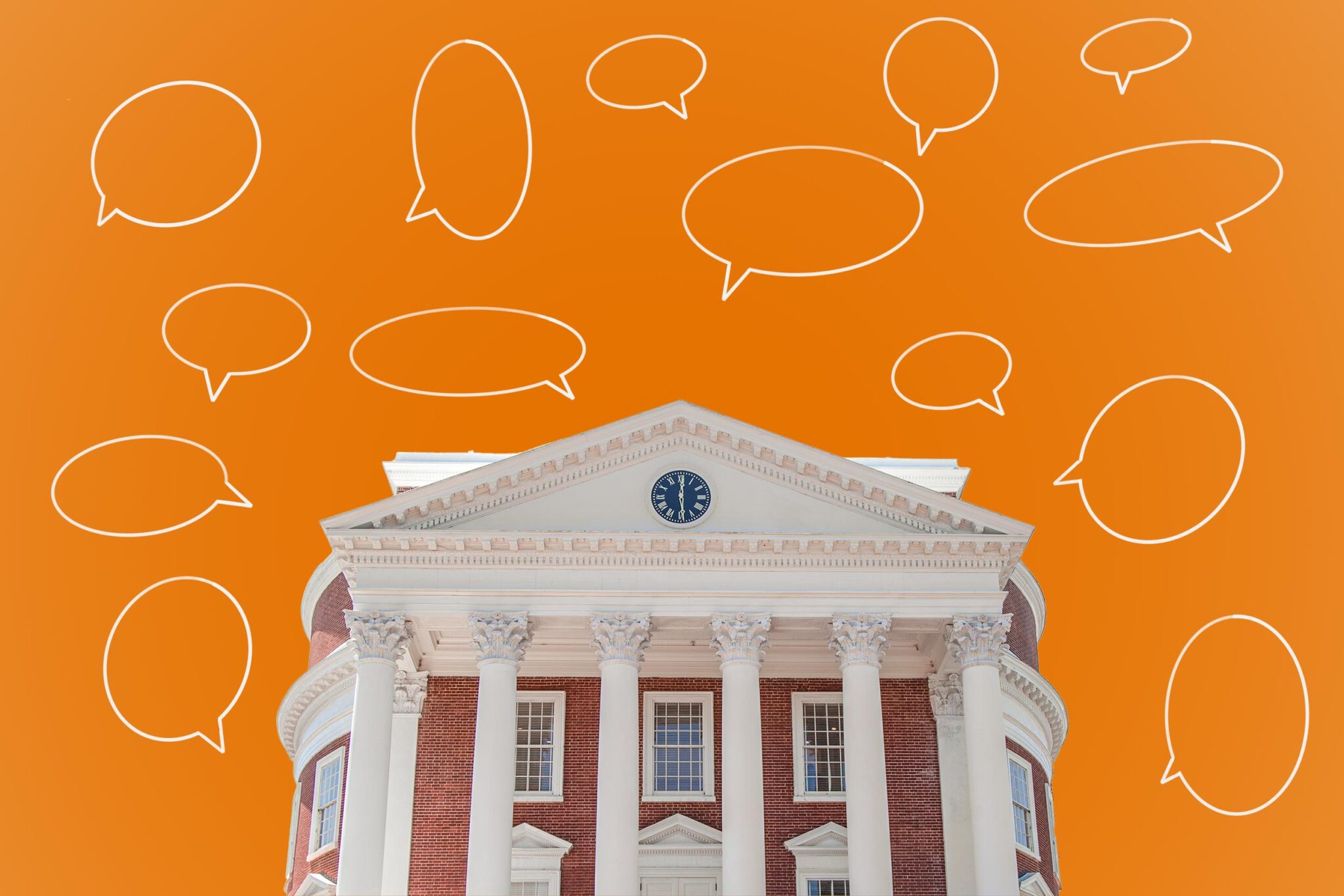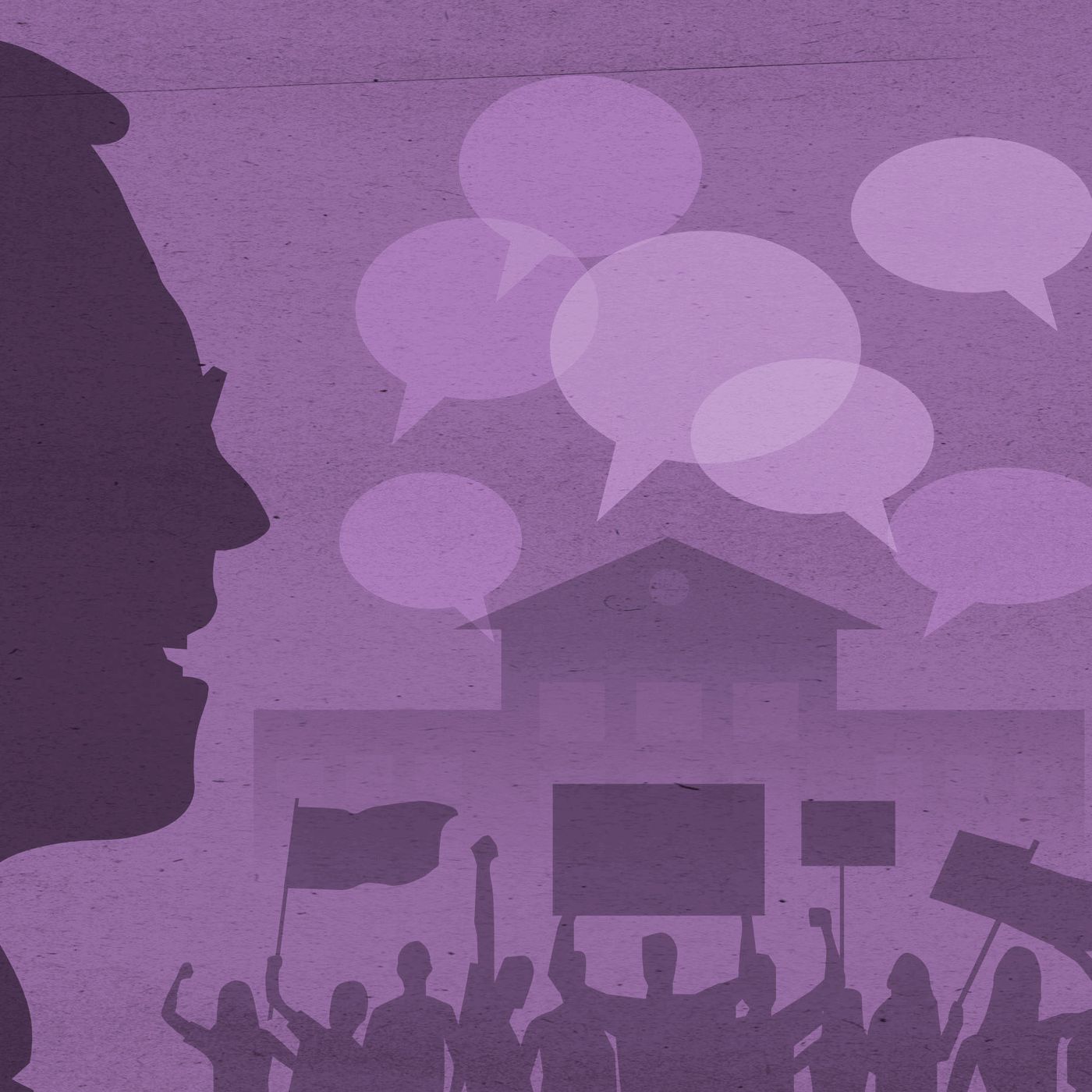The Importance of Free Speech on College Campuses
Introduction
College campuses are the crucibles of critical thought, creativity, and multitudes of differences in the vast landscape of higher education. Central to this intellectual odyssey is the freedom of speech – a fundamental human right that allows for the free movement of ideas that question the current situation and allow knowledge to grow rapidly. But while the importance of free speech in academics is undebatable, college campuses have begun sinking into controversy on the limits of free speech. This paper explores the significance of free speech in college campuses, the risks facing this cherished freedom, and how to preserve the pillar of liberty.
Understanding Free Speech
Free speech is one of the paramount principles of freedom for it defines the liberty to air one’s opinions, ideas, or beliefs without censorship or results. It promotes intellectual development and social development by promoting dialogue, arguments, and the search for alternative viewpoints . Moreover, free speech is valuable in educational settings because college is a space where individuals from different walks of life meet with the express intention of learning from each other.
The Role of Free Speech in Academia
It acts as a safeguard against dictatorship, oppression, and intellectual stagnation by promoting an atmosphere in which opposing ideas come together, dissent flourishes, and the search for the truth is allowed to continue unhindered. In academic institutions, free speech is seen as the cornerstone that supports the construction of knowledge, enlightenment, and social advancement.
Free speech is crucial to the academic endeavor. Universities are centers of learning and intellectual inquiry, where research cannot be conducted, and critical thinking skills developed in the absence of free and open expression. Colleges create great learning environments- fertile ground for exploring various dimensions of human thinking, subjecting them to testing and scrutiny, and even questioning them. Free people will engage in spirited discussions, question time-honored orthodoxies, and meet the challenge of an unlimited body of human ideas with curiosity and intellectual rigor. It is well known to be closely related to the search for truth. Universities strive to assist people in moving past their beliefs and breaking away from other centers of authority, becoming educated citizens not just of the nation but of the world, by creating an environment where ideas are rigorously tested and critical inquiry is welcomed.Therefore, free speech promotes intellectual development, societal advancement, and democratic government in addition to safeguarding individual liberty.
Furthermore, free speech is integrally related to the quest for truth—the chief pursuit of academia. Colleges that foster the culture of allowing ideas to be challenged, dissent to be celebrated, and intellectual heterogeneity to flourish effectively put individuals in the capacity to interrogate their prejudices, question the mainstream history, and become true global citizens. Therefore, free speech does not only function as a protector of people’s freedom but a facilitator of intelligence, civilization, and democracy in our society.
Challenges to Free Speech on College Campuses
There are many problems with free speech on college campuses. Each is a threat to the diversity and vitality of academic discourse. One of the biggest threats is censorship and biofil, where competing views are silenced and the arena of ideas becomes a monopoly of power. Such behavior is harmful not only to free speech but also to academic freedom and the exchange of ideas, which is an essential element of a proper university. Furthermore, it is common in a politically polarized society or a society with unspoken social norms.
Additionally, the new phenomenon of “cancel culture” constitutes a significant threat to free speech on college campuses. With the rapid growth of social media and various online platforms, people are subjected to the threat of getting publicly shamed, ostracized, and sacked from their jobs for merely having an opinion that is not shared by the majority or is formed in a highly emotional discussion. Demagoguery and fear do not foster ideological diversity and free exchange of ideas, which are integral to the educational process.
Moreover, the growth of ideological polarization and echo chambers is another formidable obstacle to free speech. In a highly tribalistic and ideologically fragmented society, people are preferring to seek comfort in like-minded echo chambers, with opposing views regarded as blasphemous and existed to be bashed. This tendency not only prevents constructive dialogue but also runs counter to the fundamental civilization ideals of intellectual inquiry and civil discourse and democratic self-governance, especially during the period of rising political polarization and social fragmentation.
Safeguarding Free Speech on College Campuses
To push back the tides of encroaching censorship and reinforce the bulwarks of free speech, it became imperative to reintroduce and uphold academic freedom, intellectual diversity, and open discourse. An essential part of such an initiative is the cultivation of viewpoint diversity – a virtue that breathes life into the collegiate discourse tapestry and fills the intellectual terrain with freshness and novelty. Universities should serve as venues where diverse perspectives, ideologies, and worldviews mix and converge for colleges to become the melting pots for pushing critical boundaries, questioning conventional wisdoms, and raising a class of enlightened and educated citizens.
Colleges should strengthen efforts to protect free speech rights of every member of the academic community, regardless of their ideological predispositions or political categories. Ultimately, importance should be put on promoting transparent policies that assure the sanctity of speech, while at the same time ensuring that systems are in place to address cases of harassment, intimidation, or safety concerns .
In other words , education appears to be a notable weapon for free speech. Thus, by inculcating in students a culture of civil autism, thinking and ethical ethics, they enable to furnish cogitative skills needed to navigate the rough seas of ideological dispute. Consequently, it requires gaining the ability to engage in constructive discussions and respectfully face opposing perspectives.This includes initiatives aimed at promoting media literacy, facilitating discussions on contentious issues, and fostering an ethos of intellectual humility and open-mindedness.
Conclusion
In conclusion, free speech stands not only as a sacrosanct right but also as the lifeblood of academic inquiry, intellectual exploration, and democratic society. On college campuses, where the quest for knowledge and enlightenment reigns supreme, the preservation of free speech emerges as an imperative of paramount importance. By cultivating environments that celebrate intellectual diversity, uphold the principles of academic freedom, and nurture robust dialogue, colleges can ensure that their campuses remain bastions of intellectual freedom and enlightenment. Only through an unwavering commitment to the principles of free speech can colleges fulfill their sacred mission of educating informed, engaged, and empowered citizens of the world.
References:
•Adler, Mortimer J. (1982). The Paideia Proposal: An Educational Manifesto. New York: Macmillan.
•Fish, Stanley. (1994). There’s No Such Thing as Free Speech: And It’s a Good Thing, Too. New York: Oxford University Press.
Biographical Resources:
•Adler, Mortimer J. (n.d.). In Britannica. Retrieved from https://www.britannica.com/biography/Mortimer-J-Adler
•Fish, Stanley. (n.d.). In Stanford Encyclopedia of Philosophy. Retrieved from https://plato.stanford.edu/entries/stanley-fish/






















